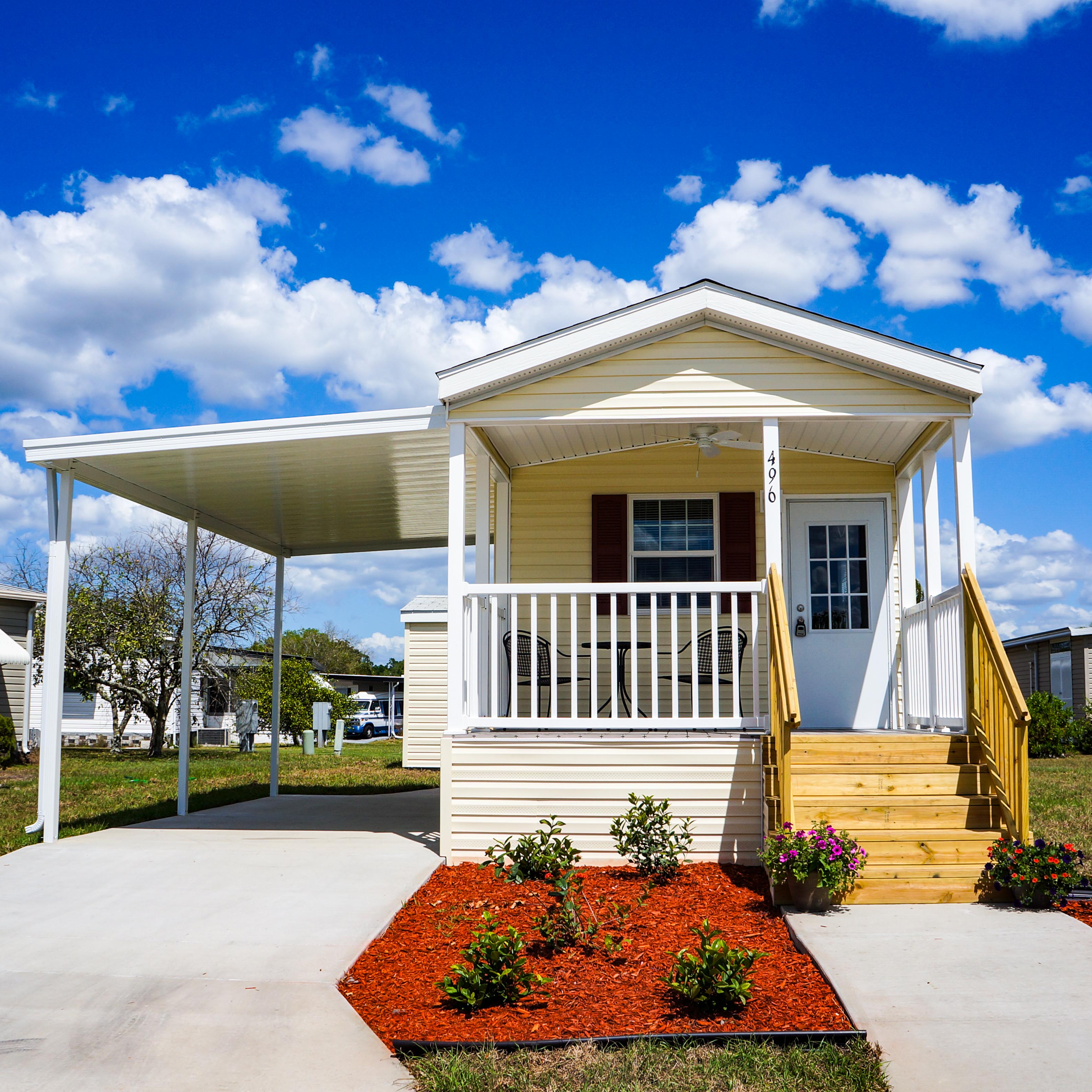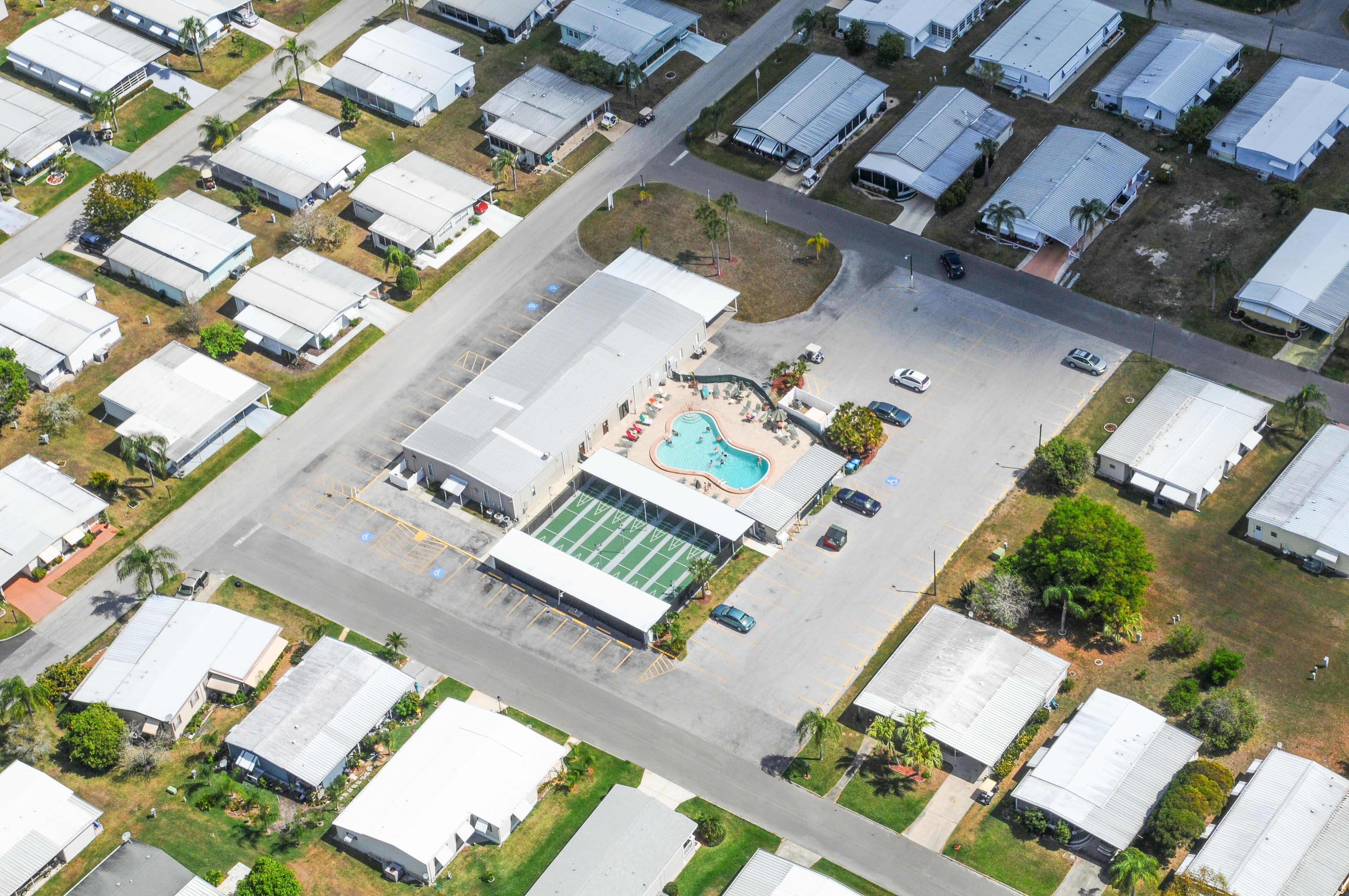So you’ve found a mobile home community that suits you, and you’ve decided to rent. You’ve been approved, and there’s only one more step before you can hold the key to your new home: signing the lease.
Renting a mobile home is similar in many ways to renting a house or apartment. A written rental agreement is usually required to iron out the details between landlord and tenant. As a tenant, you have certain rights, guaranteed by the federal government under the Fair Housing Act. In addition to these rights, you also have obligations.
Always read through the lease agreement thoroughly before signing. Take some time before your lease signing to review tenant laws in your area. When you know your rights, you can be sure that the mobile home park you are considering is in compliance with local laws, and be confident about your future in your new rental home.
What will I find in my rental agreement?
The lease can vary in length or detail. Some things you should expect to see in the lease are details like:
- The names of the planned tenants.
- Any limitations on who, besides you, is permitted to live in the space.
- Protocol about pets.
- Information about parked vehicles on the rented lot.
Other pieces of information you will want to read over on your rental agreement may include:
- Park rules.
As a tenant, you should expect to follow the rules of the mobile home park. Violation of these rules can result in eviction. Every park will have different guidelines, but commonly you will agree to stipulations regarding pets, noise, maintenance, and parking. You must be given these rules in writing before you sign a lease, and any change of the rules must be given six months written notice before enforcement.
- The duration of the lease agreement.
This is usually 1 year, but can be more or less, depending on your arrangement.
- Any planned rent increases after lease expiration
Your area might have ordinances around rent increases. If this is the case, be sure to do research to see if the proposed rent increase is permitted in your state, county, and/or city.
- Security Deposit
Any amount given as security deposit should be detailed, as well as the conditions of it’s refund after rental is vacated.
- Condition report of your rental home.
This isn’t always in the lease, but it’s in your interest to do a visual inspection of the space to make sure that you won’t be liable for any damages later on.
- Utilities
Utilities such as water, gas, and electric should be listed on the lease, along with who (the tenant or the landlord) will be responsible for payment.
- Other fees.
These will vary from park to park, but may include entrance fee, parking, utility fees (water, sewage, electricity, gas, trash collection). All fees should be detailed in writing prior to the tenants move-in date.
Event of Park Sale
Depending on the laws of your state, some parks are required to give tenants notice if the park is being sold or closing. Get to know the laws, and your rights, in your state, and look for descriptions of these rights in your written lease.
Community Safety Standards
Many states have standards for accessibility and maintenance of common areas and facilities within a mobile home park. This can include roads, walkways, and utility services. In most states, your park will be inspected from time to time to make sure these standards are being enforced, and a building or health officer may come to inspect common areas or individual rentals if they receive a complaint.





